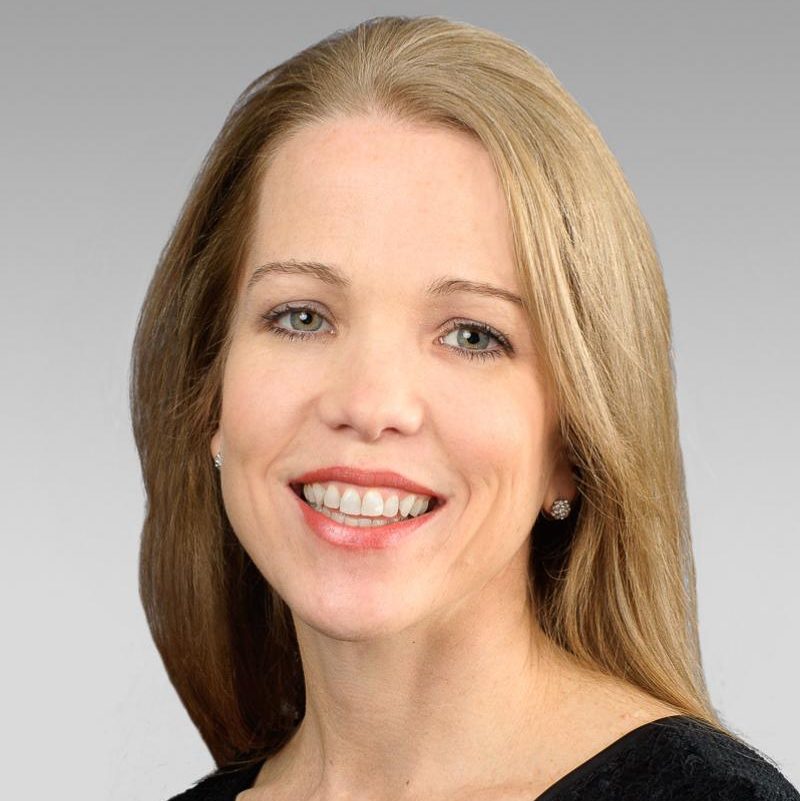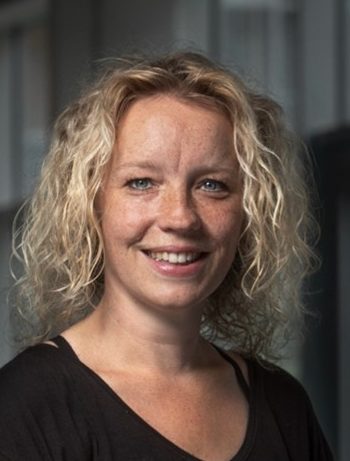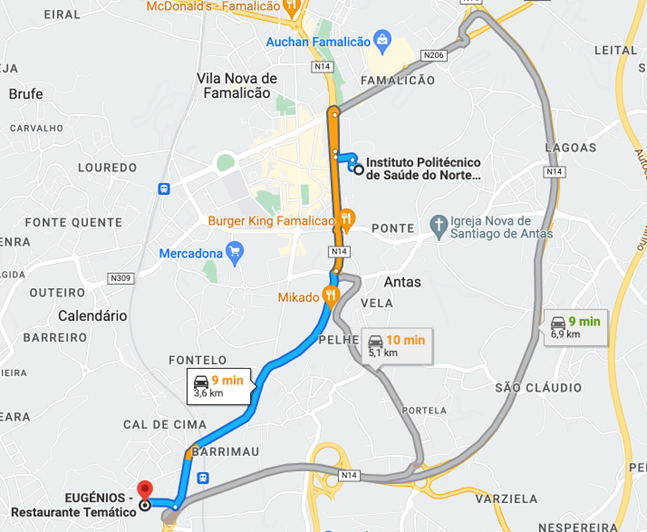Keynote Lectures
The ENPHE Seminar 2022 will have three keynote lectures.
Keynote Lecture I – Entrustable Professional Activities as an Assessment Framework for Physiotherapy
Competency-Based Education (CBE) is an approach to educational design where learners progress only when they have been deemed competent in a set of previously defined performance outcomes. These standard outcomes can be developed for any level of professional practice- students, residents, or practicing physiotherapists. CBE requires a framework that includes a commonly understood language; standardized, defined performance outcomes at various stages of learner development; and a process to assess whether competence has been demonstrated. This approach will reduce unwarranted variation in learner outcomes and clinical practice. A competency-based framework relies on workplace-based assessments. Competencies are difficult to assess in isolation and are largely relevant only in a clinical context; therefore, using any framework for clinicians to make judgments in assessing learner performance can be challenging. To address the challenges with competency-driven frameworks and to translate competencies into clinical practice, tenCate created the concept of an Entrustable Professional Activities (EPA). An EPA is a task that can be entrusted to learners to perform unsupervised when they have been deemed competent. These tasks are the essential, day-to-day activities of that healthcare professional. EPAs is one framework for assessment in CBE. This session will provide a brief overview of CBE; review terminology including how competencies and EPAs are related; components of an EPA, entrustment supervision scales and entrustment decisions
Speaker:

Jean Fitzpatrick Timmerberg, PT, PhD is an Associate Professor in the Vagelos College of Physicians and Surgeons at Columbia University in New York. She is currently the Associate Director of the Programs in Physical Therapy. Her prominent role in the educational research community is evident in numerous service projects and collaborations resulting in more than 20 invited and/or peer-selected presentations at regional, national or international levels. She served as the Co-Chair of the National Outcome Strategy Committee for the Education Leadership Partnership, Chair of the Entrustable Professional Activity Working Panel, the Co-Editor and Chief of the Journal of Clinical Education in Physical Therapy and is currently the Co-Director of a competency-based educational program for licensed physical therapists working with patients with spinal muscular atrophy. Her research has focused on student readiness and competency-based education frameworks for physical therapist education. The sum of her scholarly work has had a substantive impact in the field of physical therapist education. She is recognized nationally and internationally as a leader in health education research and competency-based education
Keynote Lecture II – Beautiful ideas, messy realities, and emergent opportunities – A journey towards a programmatic, whole-system approach to assessment
Competency-based education (CBE) calls for a shift in thinking about learning and assessment practices. Increasing requirements regarding summative evaluations in CBE interfere with the self-regulation of learners. Programmatic assessment offers a whole-system approach to assessment and aims to optimise both the learning and the decision-making function of assessment at a programme level. It involves the careful selection and combination of a variety of assessment methods and activities, which are meaningfully embedded in educational design. Furthermore, it removes pass/fail decisions from individual assessments, which primarily serve as low-stake learning opportunities. Assessment data is leveraged to guide coaching and individualized learning plans, and high-stakes decisions about academic progress or certification are made holistically using expert judgement following review of aggregated longitudinal assessment evidence. The implementation and use of programmatic assessment is seen in more and more health care professions education programmes, as part of an increased movement to CBE. However, adopting such an assessment philosophy and implementing it in practice is a major challenge. Tensions between assessment for learning and assessment of learning and other dilemmas will emerge and need to be considered carefully when implementation such an approach. This session will focus on an introduction of programmatic assessment and will look at the lessons learned from implementations in practice, highlighting key enablers for and barriers to change to help participants see what might be possible in physiotherapy education and their own context.
Speaker:

Dr. Suzanne Schut, PhD is an Assistant Professor of Educational Sciences in the department of Science Education and Communication at the Delft University of Technology, the Netherlands. She has been working for more than ten years the field of medical education where she was responsible for the assessment and quality assurance of assessment and the chair of the review committee for knowledge testing. After finishing her PhD dissertation on programmatic assessment at the School of Health Professions Education at Maastricht University, the Netherlands, she made the transition to the field of teacher education. She has a lot of experience with educational development and design, teaching and faculty development, focusing on educational design and innovation, item and scenario writing, and assessment and feedback within the workplace. Her research has focused on workplace-based learning and assessment, self-regulate learning, and student-teacher relationships within the assessment environment
Keynote Lecture III – Service-Learning in Physiotherapy Education
Service-Learning (SL) is a pedagogical approach, an experiential teaching methodology and a strategy of civic commitment with the community that allows students to work on real community or environmental needs in order to improve them.
The backbone of SL is based on civic commitment, critical thinking and social transformation. This is accomplished by combining community service assignments with structured learning opportunities that incorporate reflection and self-discovery, as well as the acquisition and understanding of values, skills, and knowledge. SL seeks both a meaningful learning and a service developed on the basis of reciprocity between the educational institution and the one that receives the service. Although SL has demonstrated to be a relevant approach to physiotherapy education, it remains relatively unknown for many institutions, teaching staff and students. Some examples of SL projects in physiotherapy, the benefits of its institutionalization as well as the national and international structures for the development and visibility of SL in the European context will be presented and discussed.
Speaker:

Prof. Dr. Berta Paz Lourido, PT, PhD, is a Principal Investigator of the ECYCS Research group, “Education, Communication and Quality in Health” (UIB), Principal Investigator of the “Health History Research Group of the University Institute of Health Sciences” (IUNICS) and member of the research group of “Public Health in the Balearic Islands” of the Health Research Institute of the Balearic Islands (IDISBA). Member of the Institute for research and innovation in education (IRIE). She has developed more than 20 years of teaching/supervision at Bachelor, Master and PhD levels, and also led or participated in a wide range of research, internationalization, teaching innovation and development cooperation projects. She has held single-person management positions at the UIB, being deputy director of the School of Nursing and Physiotherapy in the period 2002-2007 and, more recently the deputy director of the Center for Postgraduate Studies (2017-2022). Currently she is responsible for the Service- Learning program at the UIB (ApSUIB). Regarding Service-Learning in particular, she is the president of Association for Service-Learning in Higher Education (APSU), deputy director of the European Observatory of Service-Learning in Higher education (EOSLHE) and Coordinator of the Service-Learning center in the Balearic Islands
Workshops
During the conference, several workshops will be available as parallel sessions.
Workshop A – Evidence based physiotherapy – What are the best teaching methods (ENPHE Research Working Group)
The idea is that we collect from the participants their experiences and good teaching methods. That information is the results of our workshop.
Facilitator:
- Marja Äijö
Dates:
- 16th and 17th of September
Workshop B – Positioning physiotherapy in interprofessional education (ENPHE Inter-professional Learning Working Group)
In the workshop, we explore leadership of physiotherapy in interprofessional settings. The goal is to position physiotherapy in IPE. We address the question, when is it important to integrate physiotherapy in interprofessional activities?
Facilitator:
- Marietta Handgraaf
Dates:
- 16th and 17th of September
Workshop C – Direct Access in Physiotherapy (ENPHE Professional Issues Working Group)
Description
Facilitator:
- Patricia Almeida
Dates:
- 16th and 17th of September
Workshop D – “Quality assurance of clinical placements”, the role of the supervisor and supervisor skills (ENPHE Practice-Based Learning Working Group)
Presentation of the Erasmus-project (HEALINT4ALL) and discussion how implementation of the results from that project can be fitted within an ENPHE framework for quality assurance of clinical placements.
Facilitators:
- Gert-Jan Kordes, Marian den, Mari Torne and Viveka Höijer-Brear
Dates:
- 16th of September
Workshop E – Questions you should ask before going on simulation: 5 key components of the simulation as a methodology (ENPHE Facilitation of Learning Working Group)
This 1.5 hours workshop provides you with key strategies to help understand the foundation of clinical simulation as a methodology in the bachelor. During it, you will experience a simulation and learn about key components of clinical simulation across the health professions and its’ impact on participants learning.
Facilitator:
- Griselda Gonzalez-Caminal
Dates:
- 16th and 17th of September
Workshop F – How to get started with planetary health, environmental and sustainability education in physiotherapy training (Environmental Physiotherapy Association)
As the UN Agenda 2030 Sustainable Development Goals demand action from all sectors of society, healthcare professions around the world must engage in extensive education and innovation to meet the transformative change the SDGs are calling for. In this workshop, participants will receive all the necessary information and support to kickstart the implementation of planetary health, environmental and sustainability education in their respective physiotherapy programs.
Facilitators:
- Steinunn Arnars Ólafsdóttir (University of Iceland)
- Eva Mengel (Tartu Health Care College, Estonia)
- Filip Maric (UiT The Arctic University of Norway)
- & potentially Volcmar Visser (Hogeschool Leiden)
Dates:
- 16th and 17th of September
Workshop G – Moving into the future with Pain Science in physiotherapy education (European Pain Federation)
EFIC aims to create a standard of care in Europe to best help people with pain. Therefore a core curriculum for pain science within physiotherapy has been agreed on. People can demonstrate their knowledge and skills by taking part in an examination.
The treatment of patients with pain in primary and outpatient care is often not in line with evidence and guidelines leading to suboptimal management of patients. The UPPScAle program aims to decrease large differences between countries in the EU and improve management of patients with pain.
• Create awareness of the importance of pain science in physiotherapy curricula.
• Inform on what is already available and achieve consensus on a core physiotherapy pain science curriculum.
• Inspire participants to reflect on their own pain science teaching.
Facilitators:
- Harriët Wittink
- Han van Dijk
Dates:
- 16th and 17th of September
Workshop H – Opportunities and challenges for a programmatic, whole-system approach to assessment in physiotherapy education
This workshop will focus on translating the idea and underlying principles of programmatic assessment to participants’ own practice in physiotherapy education and finding strategies for navigating the tensions that can emerge between the learning and assessment function of the assessment program.
Facilitator:
- Suzanne Schut
Date:
- 16th of September
Workshop I – Entrustable Professional Activities (EPAs) and Entrustment Decisions
An EPA is a task that can be entrusted to learners to perform unsupervised when they have been deemed competent. The decision to transfer a responsibility to a learner has been called an entrustment decision. Entrustment-based discussions (EBD) focus on the question of whether you would trust someone with a task you have not been able to (fully) observe. During this 90-minute workshop participants will work in small groups on two learning events: (1) identifying key activities necessary for a given role and (2) apply the EBD process/questions to the scenarios.
Facilitator:
- Jean Fitzpatrick Timmerberg
Date:
- 16th and 17th of September
Social Events
Welcome Reception
The welcome reception will be offered by Famalicão City Council. A wine tasting of local “Verde” wine will be served.
- Date: Thursday, 15th of September
- Hour: 19:00h
- Place: Central Square of Famalicão Market (https://www.pracafamalicao.pt) Google Maps Location Distance from the school: 6 minutes walking
- Meeting point: you can go to the market directly or you can meet us in the school lobby at 18:45h. If you wish to register prior to the welcome reception, you can do it in the school lobby.
- Fee: included in the conference registration.

Social Event
The social event is the visit to a local museum with a permanent exhibition about the city of Famalicão. The museum is in the middle of the city park (270.000m2 of green). Join us and enjoy a walk in the nature, while knowing a little bit more about your host city.
- Date: Friday, 16th of September
- Hour: 16:00h
- Place: Parque da Devesa and Casa do Território (https://www.parquedadevesa.com/_casa_do_territorio_apresentacao)
- Meeting point: you can meet us in the school lobby at 16:00h.
- Fee: included in the conference registration.
Sports Event
The sports event will be organized by the Sports Office of Famalicão City Council. Join the sports instructors and follow one of the pre-existent tracks of the city park (270.000m2 of green). Two different routes will be available. You can join the one that fits you best according to the distance and if you want to run or walk. If you want to change your clothes and/ or to take a bath in the end, a nearby sports association is available for you. Our local staff will show you the way.
- Date: Friday, 16th of September
- Hour: 16:00h
- Place: Parque da Devesa (https://www.parquedadevesa.com/)
- Meeting point: you can meet us in the school lobby at 16:00h.
- Fee: included in the conference registration.
Join us in the gala dinner to a great buffet dinner with live music.
Gala Dinner
- Date: Friday, 16th of September
- Hour: 19:30h
- Place: Eugénios Thematic Restaurant (https://www.eugenios.pt/) Google Maps Location
- Distance from the school: 9 minutes by car (40 minutes walking)
- Fee: 40€. If you wish to attend and did not register yet, please contact ENPHE Office or the Organizing Committee.
